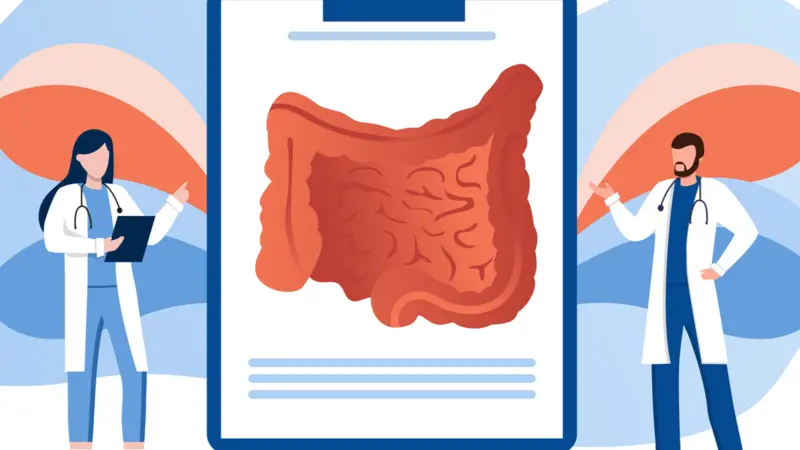

Functional Medicine

Functional Medicine
SIBO: Diagnosis and Testing
Small intestinal bacterial overgrowth, or SIBO, can manifest in many ways, making diagnosis of the condition difficult. Symptoms can include leaky gut, skin rashes, bloating, diarrhea, constipation, and vitamin and mineral deficiencies. The symptoms of SIBO are similar to those of irritable bowel syndrome (IBS), and almost half of patients diagnosed with IBS actually have SIBO.
SIBO occurs when healthy bacteria in the large intestine and colon colonizes the small intestine, where it feeds on undigested food. If digestion is slow, due for instance to an underactive thyroid, the food ferments in the gut and becomes a breeding ground for bacteria. The fermentation process creates excess levels of hydrogen or methane, or both, in the gut.
Those with reduced motility—the movement of food through the body—are more prone to SIBO. It’s estimated that 50% of those with low levels of thyroid hormone have the condition as undigested food remains in the gut longer. Other chronic conditions linked to SIBO are celiac disease, chronic fatigue syndrome, diabetes, and Hashimoto’s disease.
There are a number of different types of testing for SIBO, available from traditional and/or functional medicine practitioners. Urine and stool tests will determine levels of organic acids, bacteria, yeasts, or fungi.
What is considered the gold standard of SIBO testing is the breath test, which measure the hydrogen and methane in the breath. Breath tests are inexpensive, non-invasive, and reasonably accurate. They do, however, require following a two-part diet prior to the test and a lengthy office visit. The diet involves eating specific foods such as eggs, broth, and plain rice—no fats, fruit, vegetables, or starch. This is followed by a 12-hour fast. At the doctor’s office, the patient will breath into a tube at 20-minute intervals for three hours so the practitioner can collect breath samples to determine levels of hydrogen and methane production.
REFERENCES
Amy Myers MD. (2020, August 31). Breath testing for SIBO: Does it work? https://www.amymyersmd.com/article/breath-testing-for-sibo/


 By
By







